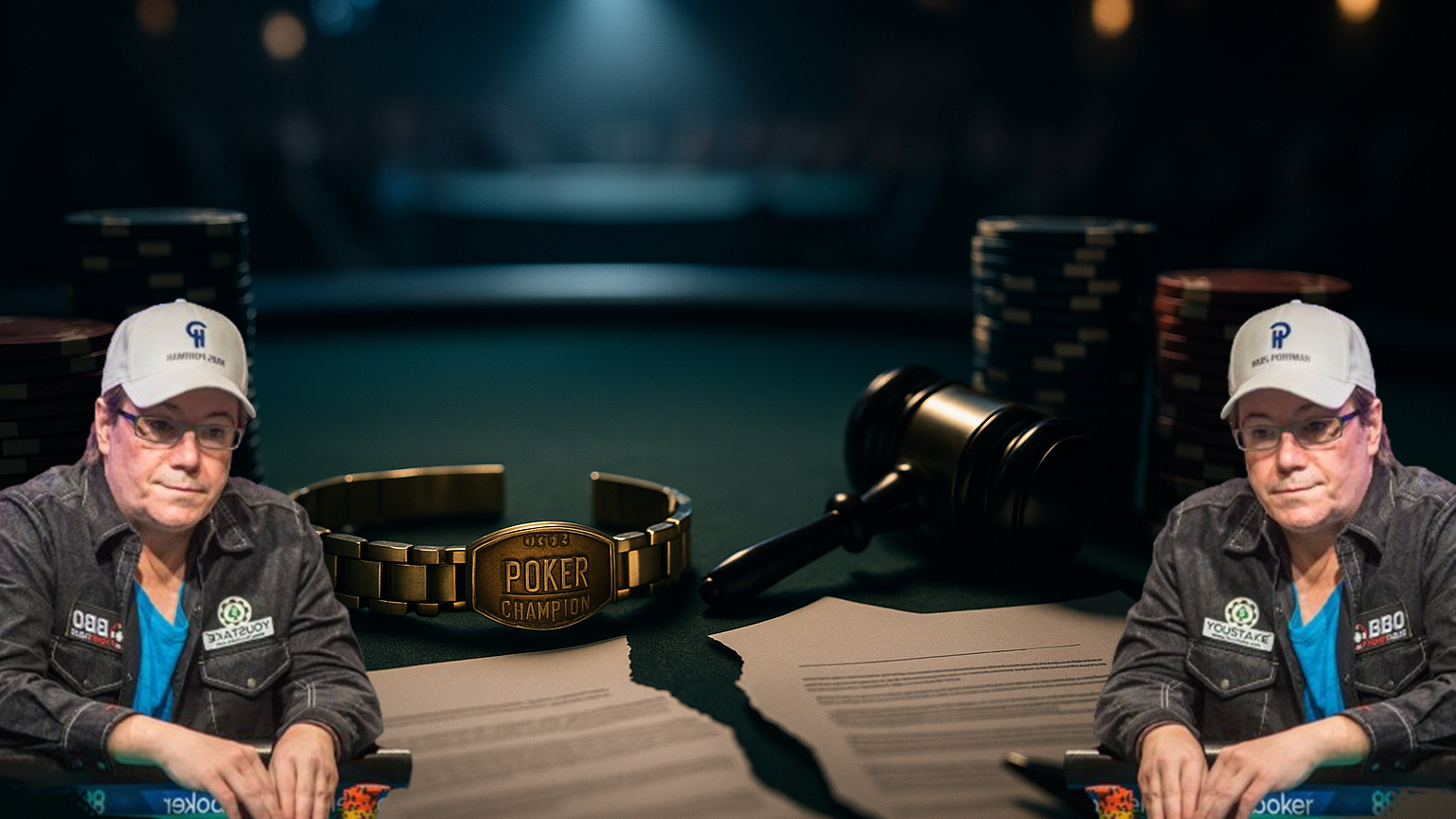The Most Expensive Oral Agreement in History?
The legendary Jamie Gold clinched the WSOP Main Event in 2006, taking home a record-breaking $12,000,000. Behind the smiles, media appearances, and celebrations, however, a legal battle was brewing. Producer Crispin Leyser emerged, claiming he had an agreement with Gold. According to him, he had helped Gold secure a sponsorship deal with Bodog, and if Gold won, they were to split the winnings equally.
A voicemail surfaced, in which Gold casually mentioned “your half after taxes.” Whether it was meant seriously, no one can say for sure today. However, the dispute ended up in court, which temporarily withheld half of Gold's winnings.
Six million dollars were at stake over an oral agreement that wasn’t formally signed. Although both parties settled out of court in February 2007, the poker community took away one vital lesson: staking isn't merely a formality. It's a decision that can protect you or become an obstacle just when you're at the peak. The winnings belong to whoever has their paperwork in order.

Staking as an Integral Part of the Industry
Today, staking is a common aspect of the journey for many ambitious players eager to reach the top quickly. With stakes provided by an investor who believes in their skill, players share their winnings as per the agreement. In the event of losses, a makeup is established, which needs to be cleared before further profits are shared. It sounds simple on paper but gets complicated in practice. Ambiguous terms for re-entry or poor communication can erode trust. Instead of fostering stability and growth, you end up resolving emails and clarifying terms that should have been set before the first game.
As a result, staking is evolving. There's less reliance on familiarity and trust; instead, performance and skill take center stage. On the new platform Upstakes, players undergo a GTO challenge, receive measurable scores, and are allocated staking plans based on this. Contracts are automated, funds are secured in deposits, and agreements are transparent for both parties. It’s not an elitist shortcut, but a system to safeguard both winnings and relationships.

For a player, staking means more than just a bankroll. It offers mental peace, a professional framework, discipline training, and a reputation that can propel them further than a single win. If well-founded, it allows for growth. If shaky, one sentence can cause it all to crumble. Thanks to projects like Upstakes, staking is transitioning from informal agreements among friends to structured infrastructure — a positive development for players looking to advance.




